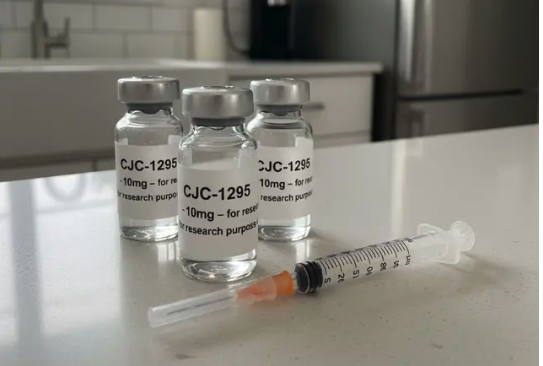
THE GOLD STANDARD IN THIRD-PARTY CERTIFICATION AND TESTING : +1-800-920-6605, info@bscg.org
Probiotic foods are the latest trend in health, with many natural food stores showcasing and advertising these products at exuberantly high prices, but what exactly are probiotic foods doing to our bodies? Here are some things to consider.
Probiotics are living bacteria that benefit your health, particularly the digestive system. This is a bit counter-intuitive because we usually think of bacteria as something that causes diseases and illnesses. The truth is, however, that our bodies are full of bacteria, both useful and harmful. Probiotics are often called “good” or “helpful” bacteria because they ensure that your stomach, digestive tract, and intestines work smoothly and remain at optimum levels. They can be beneficial in helping to break down and move food through the gut.
Probiotics are naturally found in your body, but you can also find them in some foods and supplements. These have generally been tailored to people with indigestion problems and lactose sensitivity.
Since the late 20th century, doctors have increasingly recommended probiotics to their patients to aid with digestive problems. And because of their recent explosion in popularity, you can find them in everything from yogurt to sweets.
Here a few of the potential benefits.
Generally, the probiotics come from two different groups:
Lactobacillus, which is the most common, is usually found in dairy products. This probiotic is most prevalent in fermented foods such as yogurt. Different strains can help with diarrhea and helps people who are lactose-intolerant.
The other type of probiotic group is known as bifidobacterium. It is also prevalent in some dairy products. According to research and many medical professionals, it may help ease the symptoms of irritable bowel syndrome, also known as IBS.

 YouTube Channel
YouTube Channel
Oliver Catlin Interview
 BSCG BLOG
BSCG BLOG
CJC-1295: Use in Sports and Military Rules Explained

 The Catlin Perspective blog widget
The Catlin Perspective blog widget
THE HISTORY OF BSCG